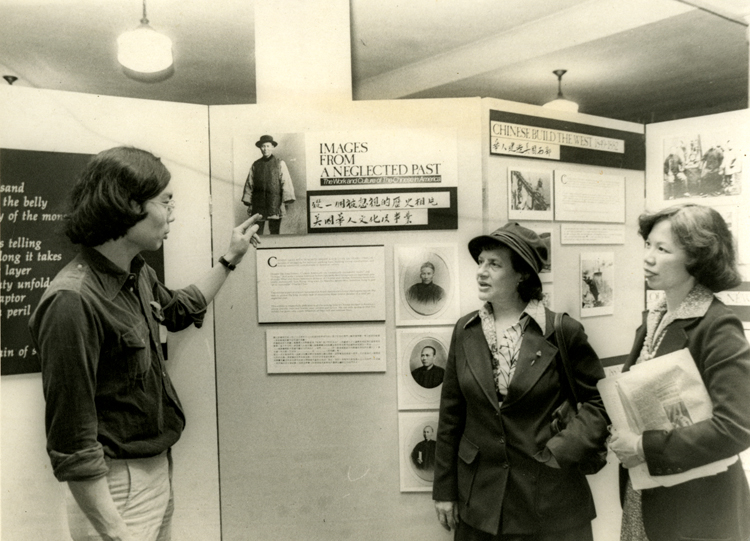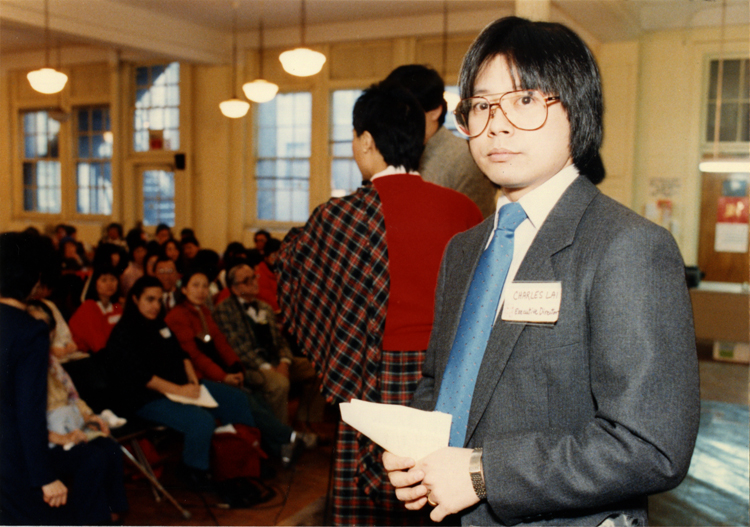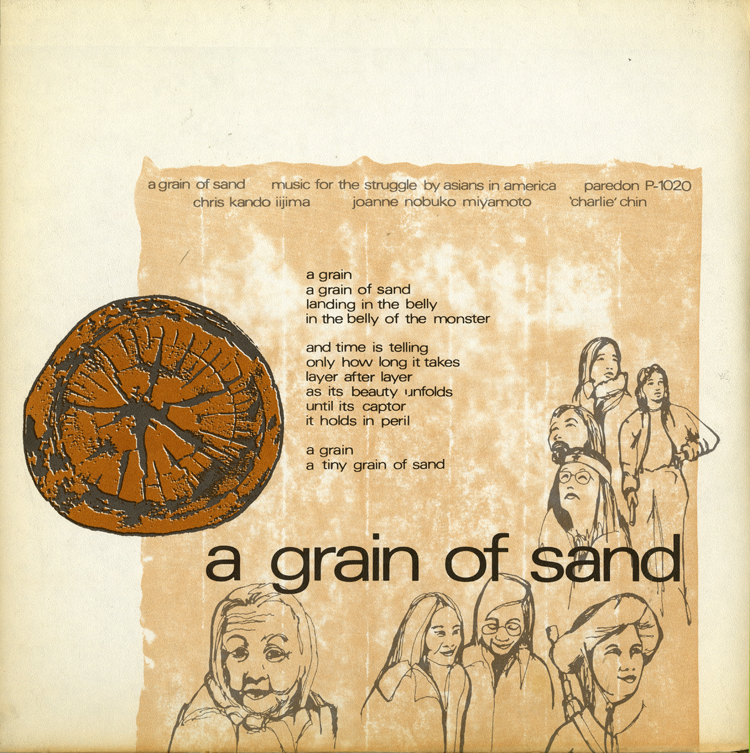In the 1970s, John Kuo Wei Tchen left his graduate program in Wisconsin and moved to New York City to become involved in the Asian American movement. He soon became engaged with the Basement Workshop, running its Asian American Resource Center. Unable to find any archives housing the documents, photographs, and personal stories needed to write the history of New York’s Chinatown, Tchen realized that the history of the largest Chinatown outside of Asia had been ignored. In 1980, he and fellow Basement Workshop member Charlie Lai built off of the materials housed in the Basement Workshop’s Asian American Resource Center to cofound the New York Chinatown History Project. Tchen and the rest of the Project’s staff took to salvaging physical evidence of Manhattan Chinatown’s history from the streets and dumpsters. His research on Chinatown hand laundries would become the basis for the Project’s first exhibition, Eight Pound Livelihood. As the Project evolved into the Museum of Chinese in America over the next few decades, Tchen stayed on as a senior historian while founding the Asian/Pacific/American Institute and Studies program at New York University, where he taught as a professor until 2018. Last year, he assumed the role of director of the Rutgers University Clement A. Price Institute on Ethnicity, Culture, and the Modern Experience.
Collections馆藏Collections馆藏Collections馆藏Collections馆藏Collections馆藏Collections馆藏Collections馆藏Collections馆藏Collections馆藏Collections馆藏Collections馆藏Collections馆藏Collections馆藏Collections馆藏Collections馆藏Collections馆藏Collections馆藏Collections馆藏Collections馆藏Collections馆藏Collections馆藏Collections馆藏Collections馆藏Collections馆藏Collections馆藏Collections馆藏Collections馆藏Collections馆藏Collections馆藏Collections馆藏Collections馆藏Collections馆藏Collections馆藏Collections馆藏Collections馆藏Collections馆藏Collections馆藏Collections馆藏Collections馆藏Collections馆藏Collections馆藏Collections馆藏Collections馆藏Collections馆藏Collections馆藏Collections馆藏Collections馆藏Collections馆藏Collections馆藏Collections馆藏Collections馆藏Collections馆藏Collections馆藏Collections馆藏Collections馆藏Collections馆藏Collections馆藏Collections馆藏Collections馆藏Collections馆藏Collections馆藏Collections馆藏Collections馆藏Collections馆藏
John Kuo Wei Tchen

29 April 2019 Posted.
John Tchen explaining the exhibition Images from a Neglected Past, Photograph by Emile Bocian, Museum of Chinese in America (MOCA) Collection.
陈国维讲解展览《一个被忽视的历史照片展》,包信拍摄,美国华人博物馆(MOCA)馆藏

